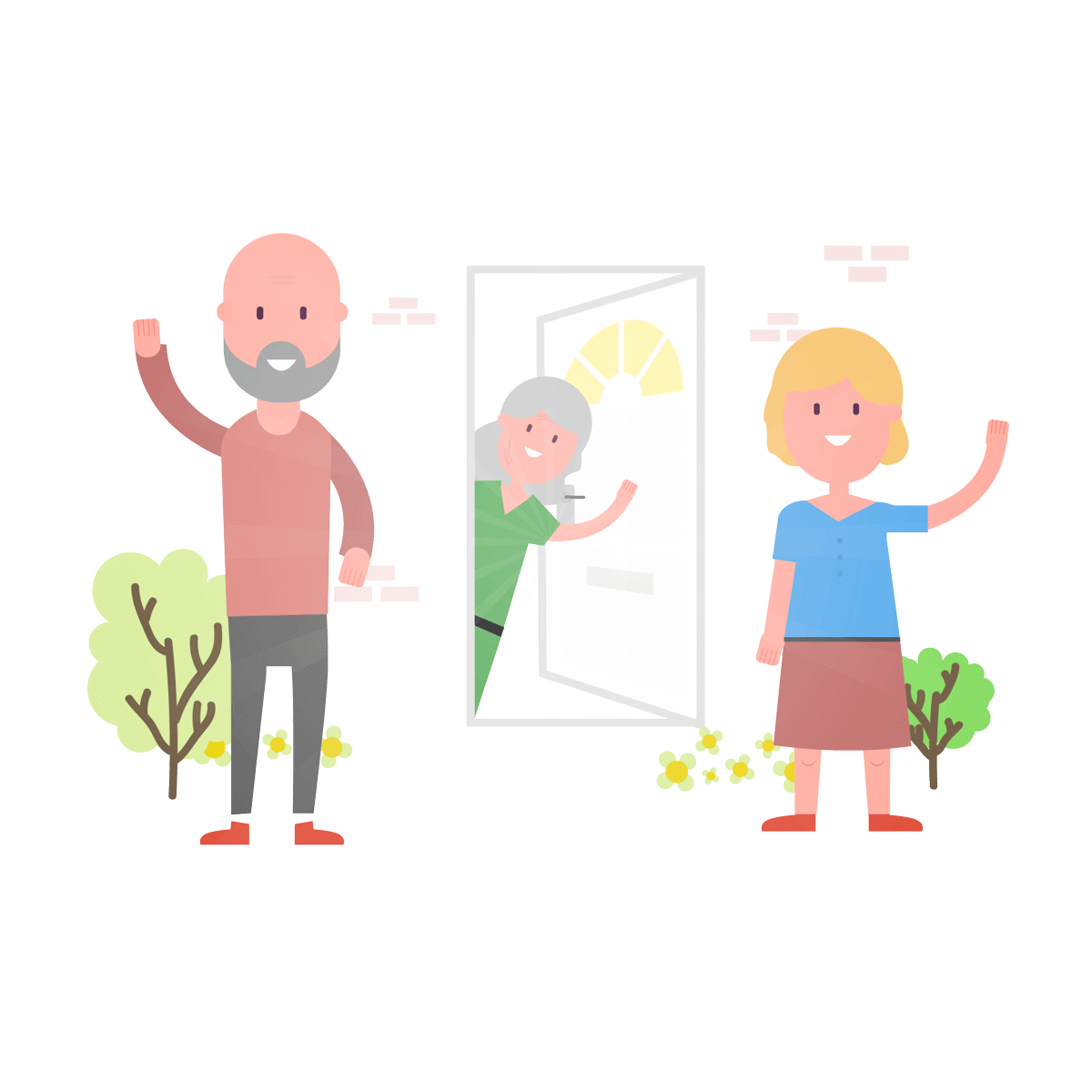


Ageing is a normal part of life, something that will happen to us all if we’re lucky. It really is a gift as it means we have more time to spend with loved ones, more time to pursue our passions or discover new ones, and more time to learn and share our experiences.
And thanks to science and medicine, many of us will live longer than ever – surpassing the ages of our parents and grandparents. There is every possibility that you might be retired for nearly half of your life, so it’s time to change your mindset about growing older so you can live all those years to the best of your ability instead of just making do.
This means planning for later life shouldn’t be approached with fear or trepidation because of the physical or mental changes that will occur. Instead, it should be viewed positively as it’s an opportunity to examine the kind of life you lead now, and the kind of life you can continue to lead in the future if you choose to own it, control it and be independent.
It might sound contradictory but part of this does involve facing the realities of ageing, including the fact you might face a future where you are living alone. Whether it’s because you don’t have kids or they live further afield, there is a chance that you won’t have close family nearby and you could be rattling around the family home alone.
This is where taking control and owning your later life kicks in, as it means not being wedded to your property and admitting that what was right for bringing up children, if you had them, is not necessarily right for when you’re older. This requires consciously choosing a future where you let go of the chattels that bind you to a life where you simply exist.
My mum’s friend is a great example of this. She’s in her 80s and decided to sell the family home in a semi-rural location so she can move into an apartment in town. It meant she was closer to her friends and could easily walk to the shops or other amenities. But one of the major driving factors behind her decision was her desire to visit her children in Canada and Australia, and wanting to feel relaxed about leaving her apartment for months at a time.
The move gave her freedom but also gave her a sense of security, and security is really important as you age. Every time I’ve spoken with older people about later life, they put security at the top of the list of their needs. Security can mean many things from security of tenure so you can manage finances, to feeling safe when you live.
So rather than double-locking the doors to a detached house in an attempt to feel safe, choose to live in an environment – perhaps communal space – where there are people you recognise, can communicate with and share a life with. Spend time with people who share the same sorts of interests, keep busy and engaged, and research shows you will live longer, be healthier for longer, and therefore be happier for longer.
Trading in the family home for an apartment or similar can also free up your income so you can do the things you want. When you’ve done a lifetime of work, contributed to society at a number of levels, and maybe brought up children, you’re entitled to your own time and own cash to do whatever you like. Whether you want to go to Stratford to see Shakespeare at the RSC, or travel to exotic locations or just eat out all the time, you can do this if you change your way of thinking.
And now is a great time to make some of those decisions if you’re facing retirement. In my view the Government has done a fantastic job with the pension reforms, allowing people to spend their pension pot any way they like. It gives you an enormous amount of choice about how you can plan and fund your retirement.
You’ve got all the flexibility in the world to own the later life you want. Let go of any preconceptions of growing older, swap financial for social capital, and face the future with optimism, knowing that you have the power and independence to control your old age. The only thing stopping you, is you.
Sara McKee, Founder and Director of Market Innovation
Follow Sara on Twitter @SaraMcKeeFRSA
This blog was originally written for the Huffington Post. You can view it here.
By continuing to use the site, you agree to the use of cookies. more information
The cookie settings on this website are set to "allow cookies" to give you the best browsing experience possible. If you continue to use this website without changing your cookie settings or you click "Accept" below then you are consenting to this.